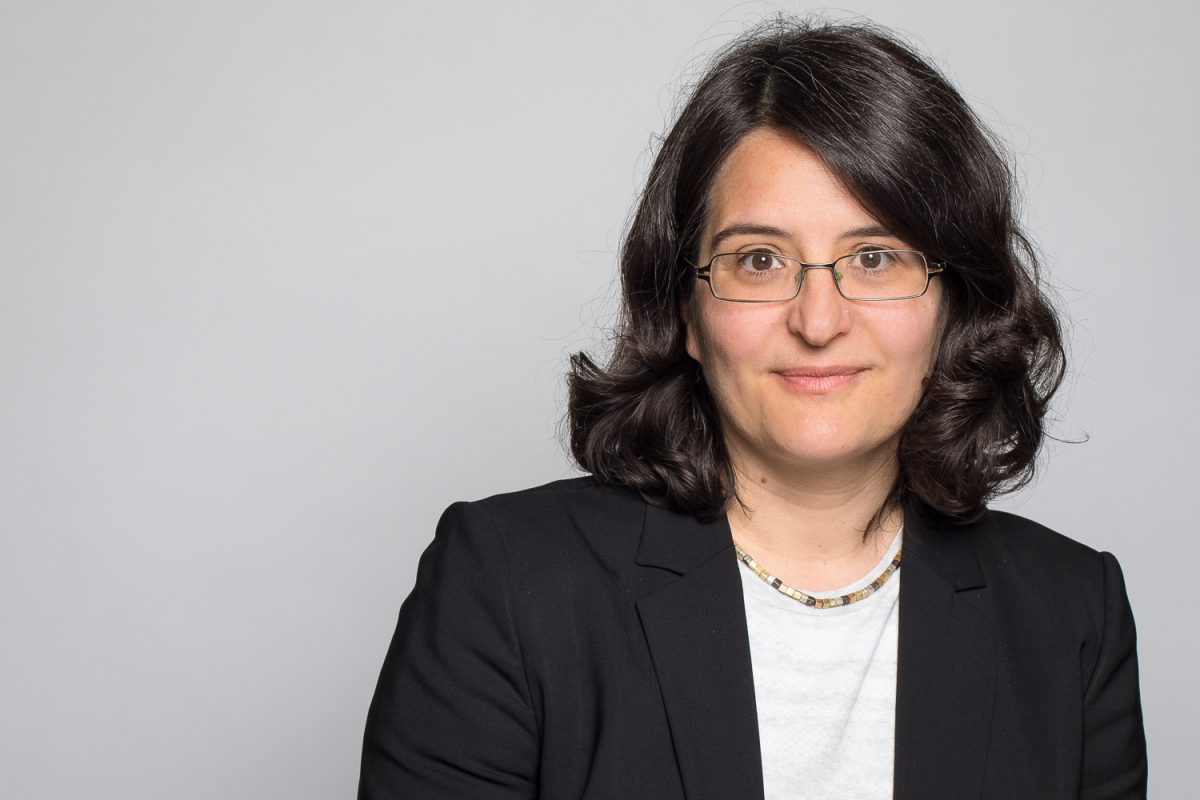In a recent interview in the daily newspaper “Tagesspiegel” I introduced WEGO to a public audience.
Extract in english
People who join such movements are concerned about the limited resources of nature and want to counter the powerful consumer society. But are there also hidden power structures in such ecologically conscious, alternative initiatives? When the private – getting groceries, preparing, eating – becomes public and something communal, does the classic division of roles change, for example between women and men? And do such initiatives lead to more social cohesion in a city? Gülay Çaglar, professor of political science with a focus on gender and diversity at the Free University of Berlin, is asking herself these questions with her team in a new research project.
Your project is embedded in the large European research network WEGO; the abbreviation stands for Well-being, Ecology, Gender and cOmmunity – well-being, ecology, gender and community. The aim is to support young doctoral students. Ten research institutes and universities in five EU countries award a total of 15 doctoral positions. The young scientists will be integrated into the structured research network, will take part in further training and will spend short research stays at one of the partner institutes within the network.
Read the full article (in german)


